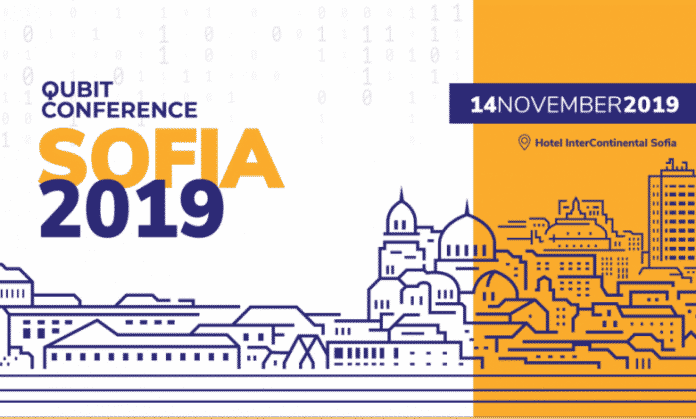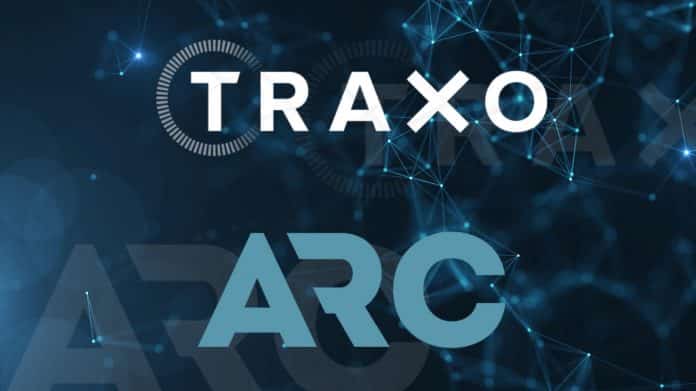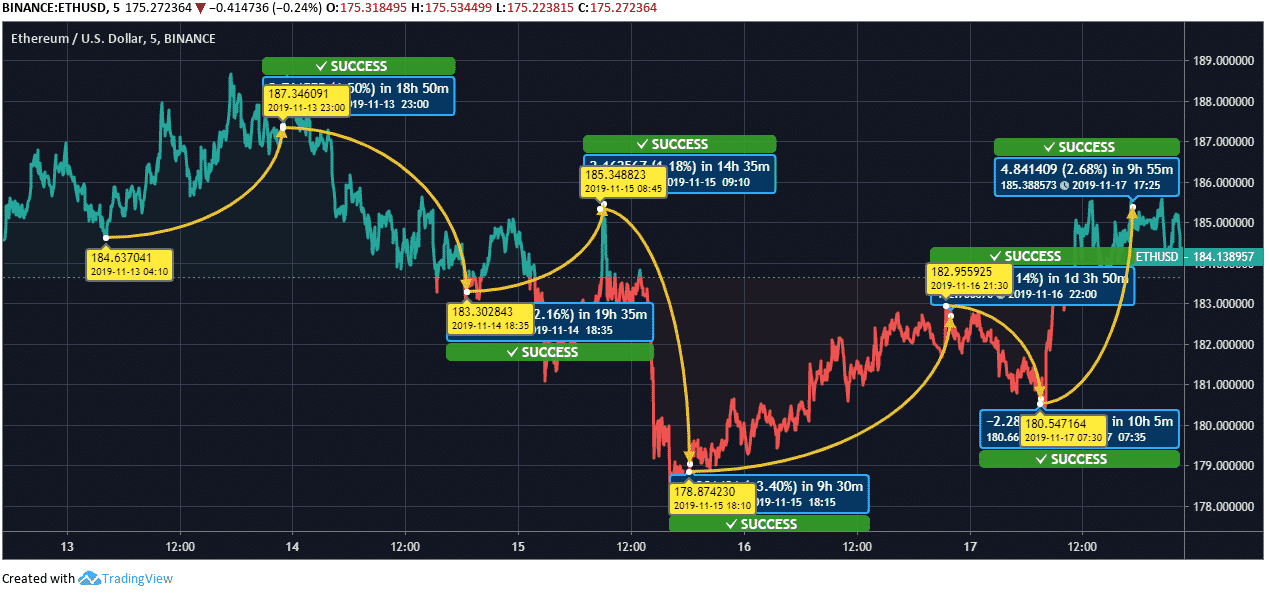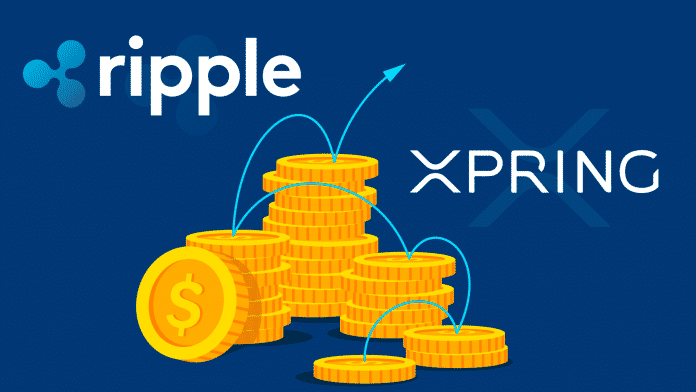South Korea Ministry of trade, in a statement, announced today that it is planning to hit free-trade pacts in 12 more nations by 2022. This will enable it to broaden its existence over 90% of the global gross domestic product along with its FTAs.
The Trade Minister Yoo Myung-hee attended a meeting with representatives from trade-related organizations. During the meeting, he said,
Amid growing protectionism around the globe, and growing tension between the United States and China, South Korea will focus efforts on penetrating into new markets.
Earlier this month, South Korea inked the RCEP, paving the way for stable trade with an economic bloc that accounts for a third of the global economy,
Yoo said.
RCEP stands for the Regional Comprehensive Economic Partnership involving Southeast Asian Nations bloc’s 10-member Association along with the dialogue partners. It is expected of South Korea to broaden its ties to Southeast countries of Asia via its impending summit with ASEAN scheduled for the month, according to a statement by the minister.
South Korea is Asia’s 4th largest country by the economy, and as reported this November, it has enforced 18 batches of FTA’s already with 58 nations. It thereafter announced its plans to widen the network, making it cover 70 countries in total by 2022 end.
Following the completion of these pacts, South Korea will celebrate an unrestricted trade network covering approximately 90% of the combined global GDP.
The trade minister, Yoo, underlined that these actions are required to withstand the growing skepticism in the business settings worldwide due to the long-standing Chinese-American trade war. The two countries are responsible for around 40% of the exports of South Korea.










